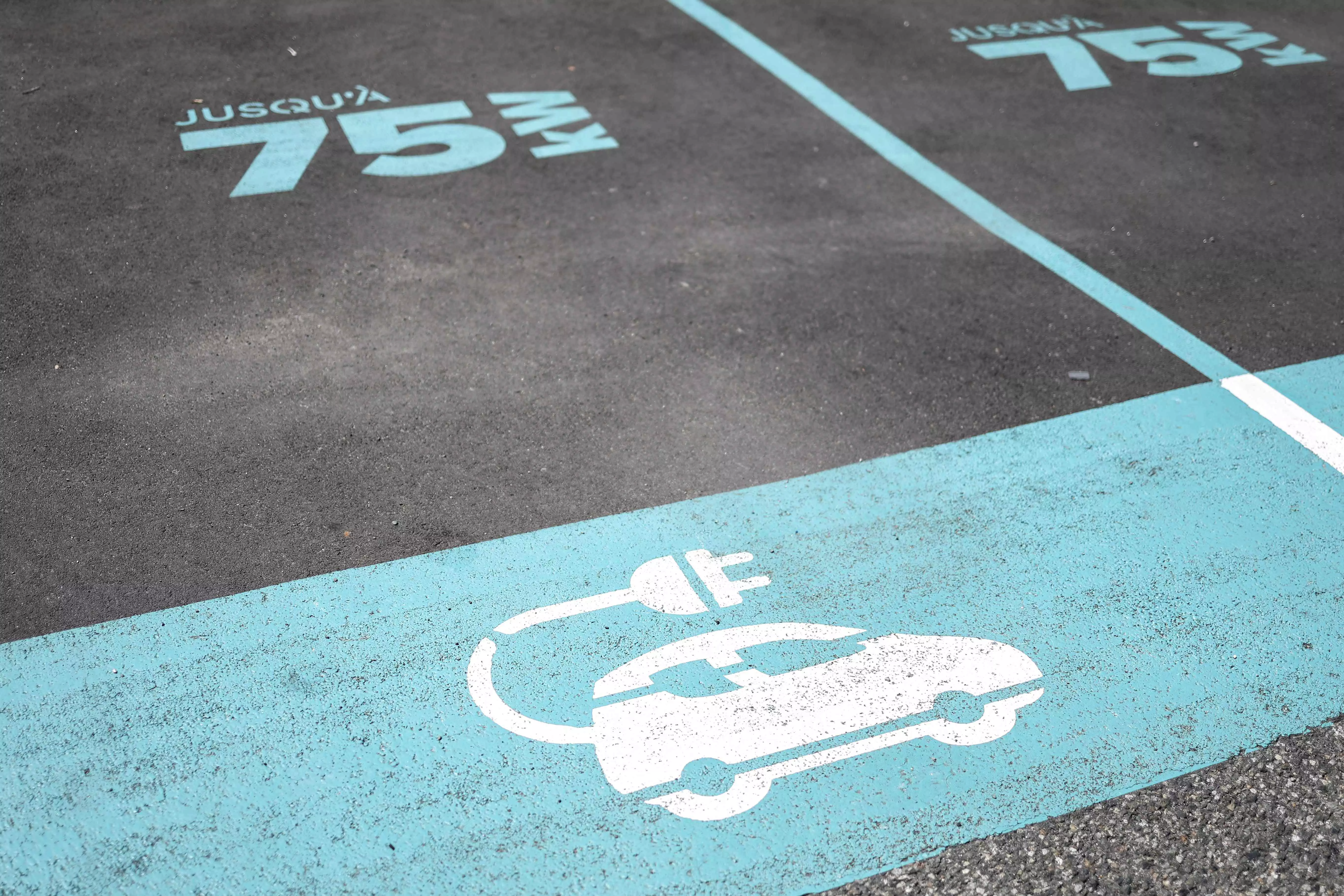Krishnan Srinivasan | Will Beijing try to avoid a new trade war with Europe & West?

Having formulated the rules of international trade during and after the Second World War, the United States and Western Europe now find Chinese domination in manufacturing and prowess in AI and ICT a formidable challenge and are trying to resist it.
China is the European Union’s most important trading partner: the EU’s third-largest for exports and biggest for imports. In 2023, total trade in goods between the EU and China was 739 billion euros, with the EU’s exports to China valued at 224 billion euros. The EU is China’s largest export market and also highly attractive for Chinese investments.
The EU’s stance towards Beijing has hardened over the past five years. It views China as a potential partner in some areas, but as a competitor and a systemic rival. To China, the EU lies in an intermediate zone in countering American hegemony: the US is the major, the EU the minor, rival.
An EU-China trade war will have diverse implications. First, it could disrupt the atmosphere within the multilateral trading system, affecting the World Trade Organisation. Second, the EU risks losing a supporter of European integration when far-right movements are rising all over Europe, if China opts to work with member states rather than EU institutions -- a strategy similar to former US President Donald Trump’s. Third, a long trade conflict could lead to economic decoupling between the world’s second (China) and third (EU) largest economies.
Trade tensions are expected to intensify into a prolonged conflict starting from early 2025. China no longer dominates only low-end production but competes globally with high-end manufacturers of strategic importance like EVs, batteries, telecom equipment, fast rail systems, airplanes and wind turbines, causing the EU to resort to legal measures to counter China’s subsidised advantages. Reciprocity in openness is also seen as lacking from China’s side, prompting EU action against what it perceives as unfair practices. China’s strategic partnership with Russia has altered perceptions in the EU, viewing China more as a systemic rival and less as a partner.
The EU began by imposing tariffs from 10 to 37.6 per cent on Chinese electric vehicles (EVs) last July, affecting 10.6 billion euros of Chinese EV exports. In response, China threatened retaliation, starting with pork, and possibly expanding to include European high-end cars, dairy products, wine and cognac. Beijing finds the EU’s actions increasingly unacceptable when its quality advantages are constrained and hundreds of billions in exports to Europe are affected. The EU uses a combination of trade and competition tools to undermine Chinese bids for European wind park tenders and sales of airport security scanners, as well as procurement of medical equipment.
European Commission president Ursula von der Leyen has launched probe after probe against China this year. With its latest investigations into steel pipes, the food additive lysine and the taste component vanillin, the count stands at 13, to ascertain whether these Chinese products are sold below cost or are being unfairly subsidised. EU imports of Chinese EVs have surged in recent years: more than doubling between 2021 and 2023 to over 430,000 vehicles a year. The EU commission is in uncharted territory, given that EVs are complex products and that such investigations usually relate to more upstream products that do not involve such complex supply chains.
It is also the first time since long that EU has started an investigation on its own initiative and not, as usually the case, inspired by a complaint from industry. By scrutinising subsidies for battery-making, car design and steel supplies, the EU is going after a sector where Chinese carmakers have gained momentum, but often with technological input from joint ventures with EU partners. Germany’s Mercedes, Volkswagen and BMW have plants in China and depend upon the world’s largest car market for the bulk of their revenues. Unsurprisingly, not all European auto industry bosses share the commission’s enthusiasm for investigations, and Germany’s voice carries particular weight; its leading car manufacturers have vociferously opposed the EU tariffs. In a pivotal vote this month, 10 EU members backed tariffs and five against, with 12 abstentions. The vote reflected EU divisions over China; some countries want to encourage Chinese investment or fear a tit-for-tat trade war, while others want a firm line against what they regard as excessive state subsidies and recall the EU’s failure to impose tariffs on Chinese solar panels a decade ago when the EU aimed to slap duties of 48 per cent on Chinese solar panels because they were eroding the EU’s production. As soon as the Chinese leadership threatened to target EU wine and car imports, Brussels climbed down and now China has over 90 per cent of the EU photovoltaic market.
Meanwhile, China’s battery-maker CATL and EV giant BYD are already investing in Hungarian factories so they will be able to “de-risk” any EU’s duties in future years. They follow a similar strategy in Mexico to skirt US tariffs.
Washington has gone further, with President Joe Biden quadrupling the import duties on Chinese EVs to 100 per cent. But the difference is that Chinese manufacturers have barely established a foothold in the US while they are moving fast to penetrate the EU market.
The EU stresses it does everything by the WTO rule book, and that it is upholding a rules- and evidence-based trading system. Since trade wars are inherently political, the EU denies that any offensive against China exists. Beijing’s response is also a matter of geopolitical timing. With Donald Trump a contender to retake the White House and upsetting the trans-Atlantic alliance, Beijing could have an incentive to avoid a trade war with Europe at this point. As the world’s second-largest consumer market, China has substantial leverage, but may refrain from any extensive retaliation, preferring peaceful resolutions through lobbying and dialogue.

